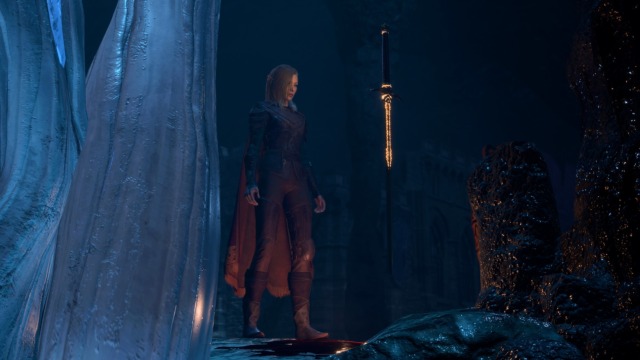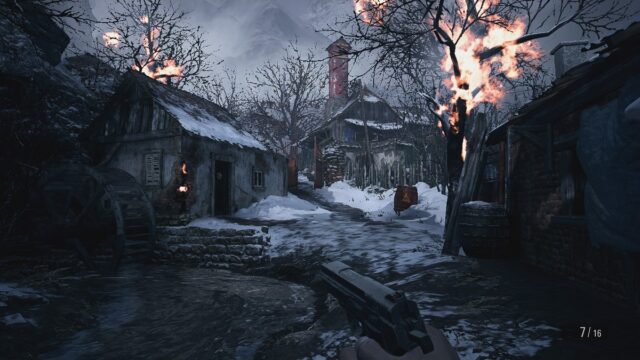Civilization: Beyond Earth - Same Old, But Different
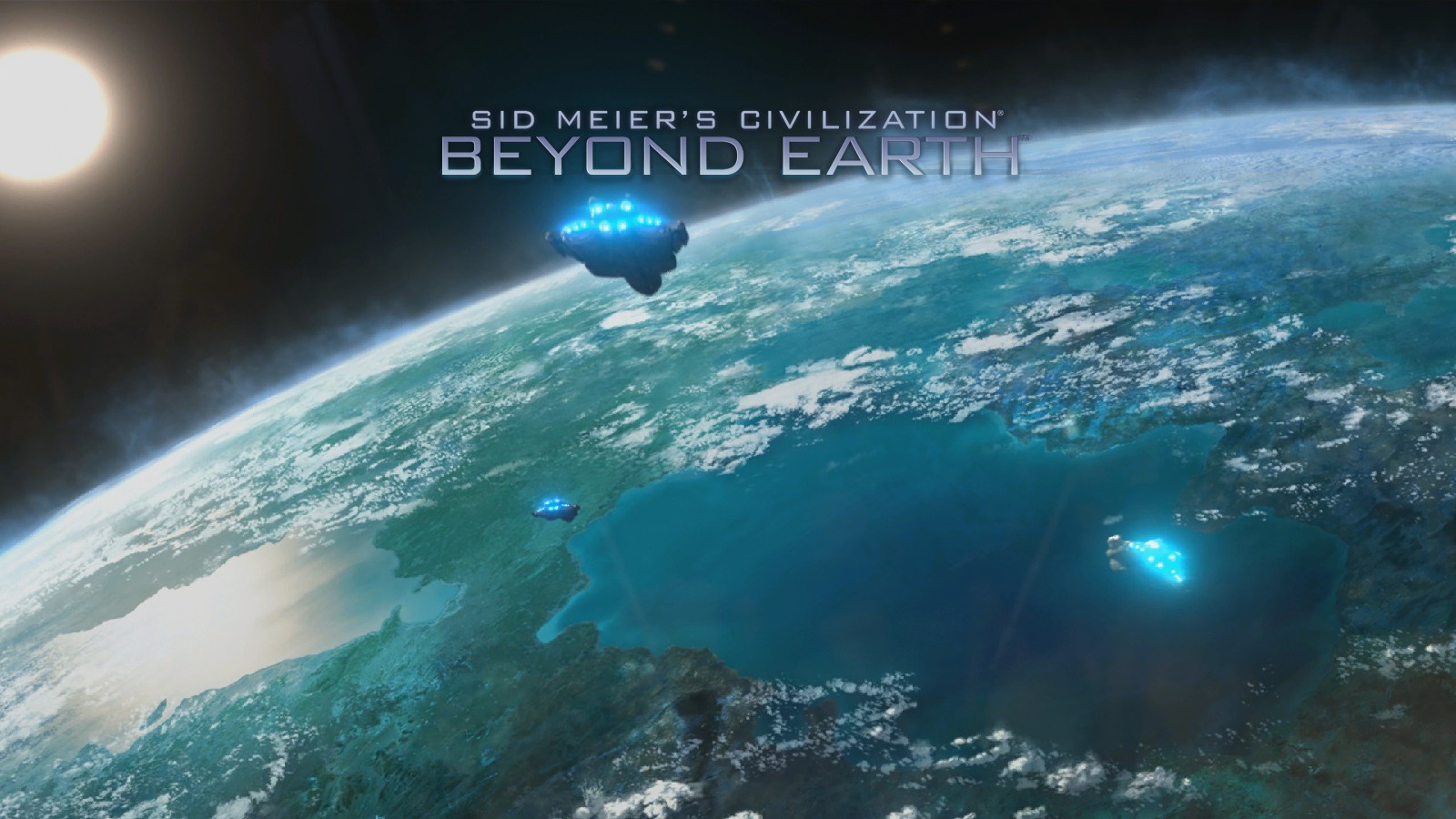
The main attraction of Beyond Earth for Civilization 5 veterans is a shift in almost all gameplay paradigms. The tools, resources, and units are mostly the same as in recent years, but everything works differently.
A banal example is the resources. Like before, we have instant indicators of prosperity, happiness, and science. The first two have simply been renamed “energy” and “health” respectively. We also have strategic resources on tiles, which used to be things like horses and coal, but now include “xenomass,” “antigravium,” and so on. And this extraterrestrial happiness would be an exact copy of earthly happiness if the economic system of Civilization didn’t remove the support called “luxury.” The remaining people at home can indulge in hedonism, eating Oranges +4 from Golden Plates +4, but in space, everything is utilitarian and harsh. Happiness and health cannot be replenished from tiles at all.
And this is a complete paragraph. Until you adjust to the new wave, the game won’t progress at all. Colonies will wither, insectoids will continue to raid caravans, and in the end, your weak military group will be overwhelmed by the nearest neighbor simply because they can.
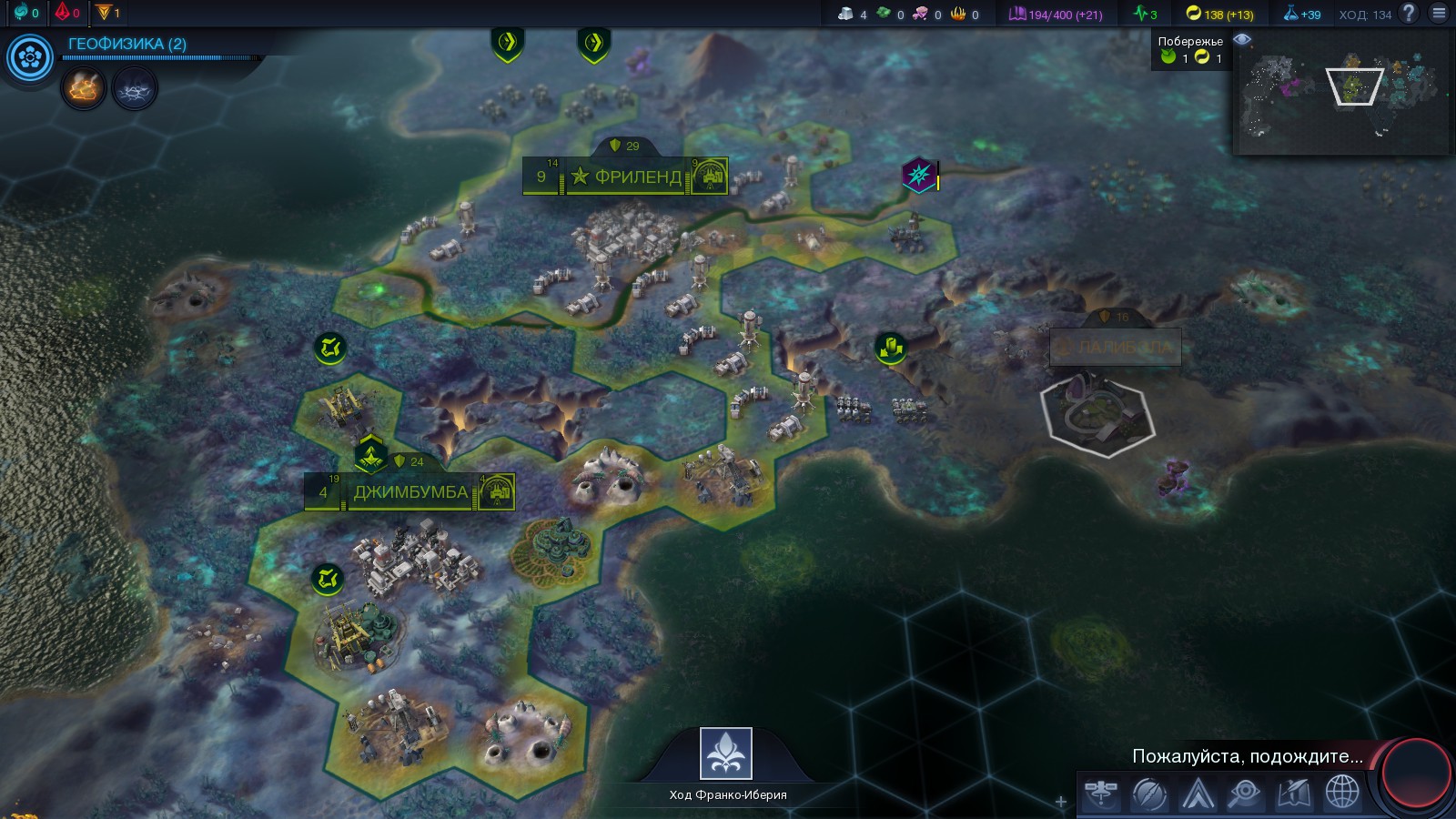
In order to survive in Beyond Earth, you need to learn the mechanics from scratch. The same health problem turned out to be mainly treated by city buildings (hehe). The moral of the story is: the longer you struggle with new problems using old methods, the harder you will hit yourself in the forehead.
When the initial anger of “why doesn’t anything work here” subsides and colonial affairs start to improve, you begin to appreciate all these transformations. After all, without them, BE would be just a simple reskinned version of “Civ”. And that wouldn’t be as interesting, definitely not worth my 1200.
Similarly, the ideology system has also mutated. Now, party politics develops in parallel with public institutions, and this process starts immediately, not after five hours of partying and three factories. Moreover, the ideological mill is now powered not by culture, but through the discovery of technologies, archaeological excavations, and quests.
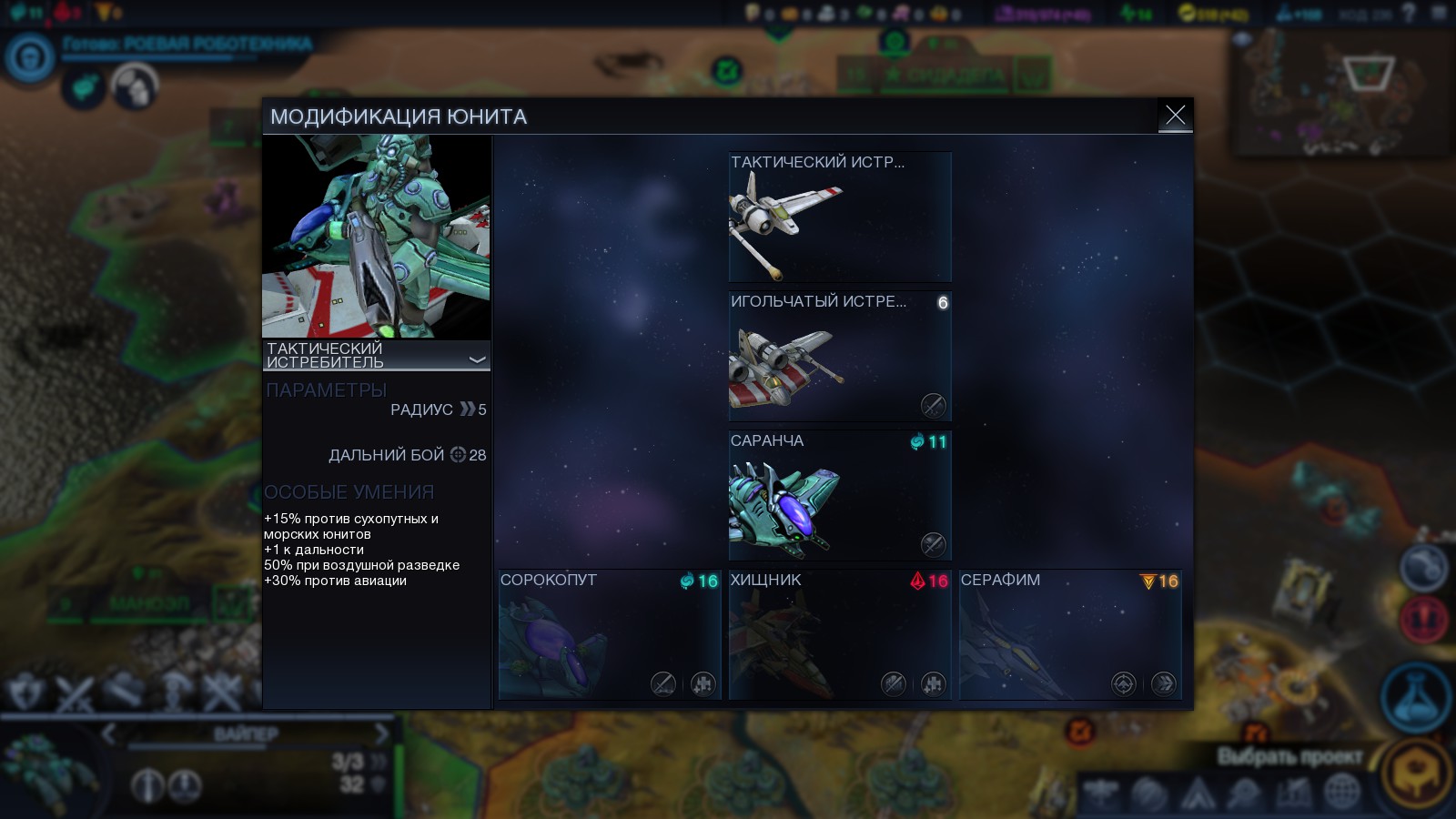
Ah, in “Civilization” there are now quests.
About half of them, though, are dedicated to the banal choice of secondary bonuses for buildings. For example, giving a future granary an additional +1 to production or +1 to money.
The second half of them are already serious tasks with scouts roaming the map, trade deals, military operations, and so on. And also interesting accompanying texts in some places. The set of such tasks, though, is limited, but it is unlikely that you will be able to go through all of them in less than ten significantly different victorious games.
Quests have a strong impact on the game. Firstly, the bonuses for completing various tasks are quite significant, and if a quest comes up that is quick/easy/straightforward, it is better to drop all your other civilization-related matters and focus on it. Secondly, diligent completion of quests significantly shifts the scientific priorities of the colony.
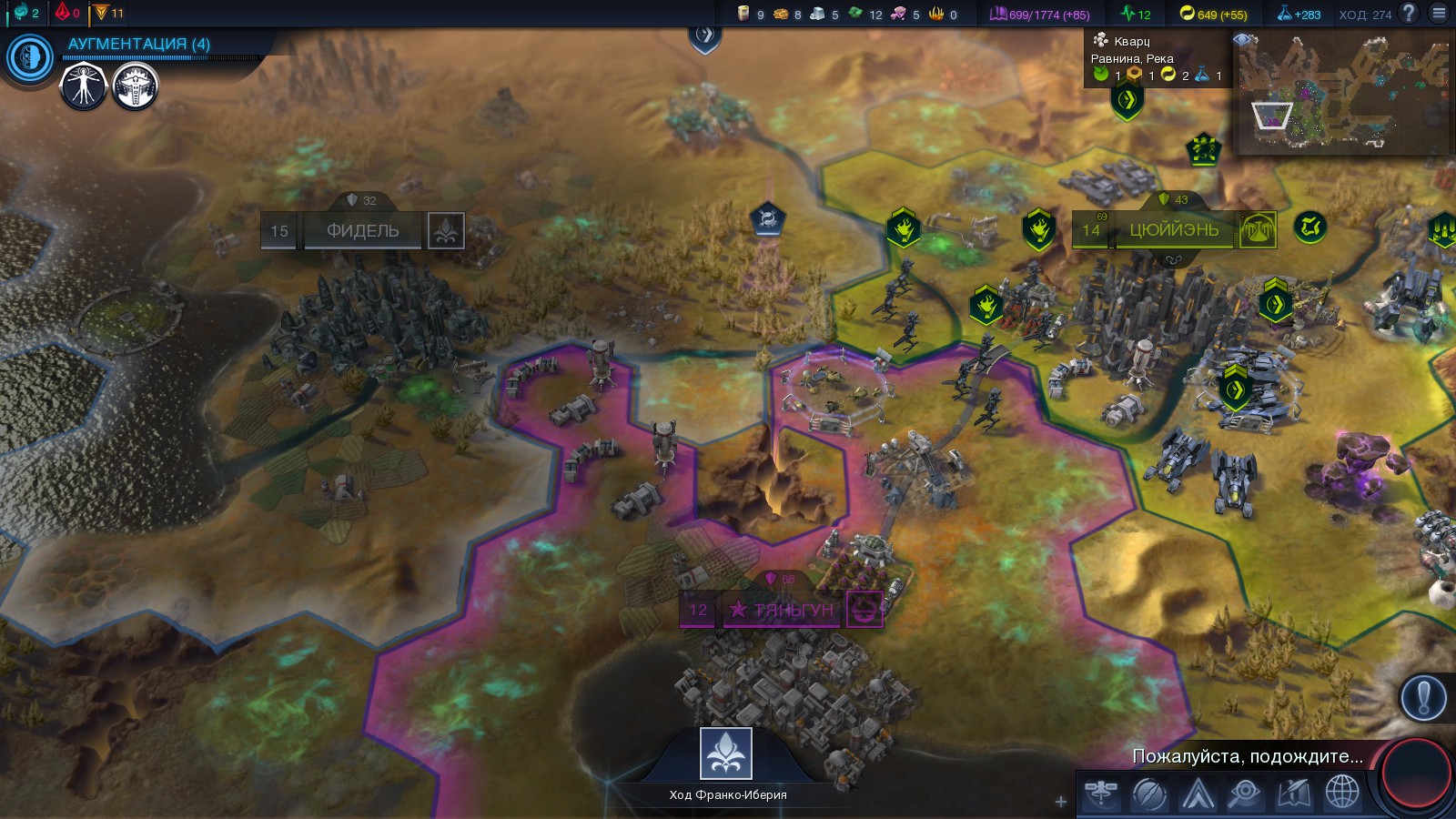
By the way, yes.
The tree of the new “Civilization” of the science has acquired “leaves” – derivative technologies, the study of which can only begin after mastering the “mother” science – and has also ceased to resemble an actual tree. Nowadays, instead of linear technological development, we move from the center of the web in all directions, jumping from one direction to another. To understand what is what in the new scientific world, you need to play at least a few games, blindly clicking on different techno-icons on the grid.
As a result, the starting games turn out to be very chaotic and not very enjoyable. You don’t know how to maintain a balance of resources, you don’t know what to study now – it’s not clear at all what steps will lead to what. This confusion cannot be cured in any way, you just have to go through it. But as soon as you learn to swim in these waters, things will suddenly start to improve, and Beyond Earth will flourish, your fifth “Civ”, and it will also play with new colors.
Plus, the itching dissatisfaction with newbie helplessness is quite successfully extinguished by the aforementioned task system. They manage to stop being interesting exactly at the moment of mastering the local mechanics, and it turns out that one compensates for the other.
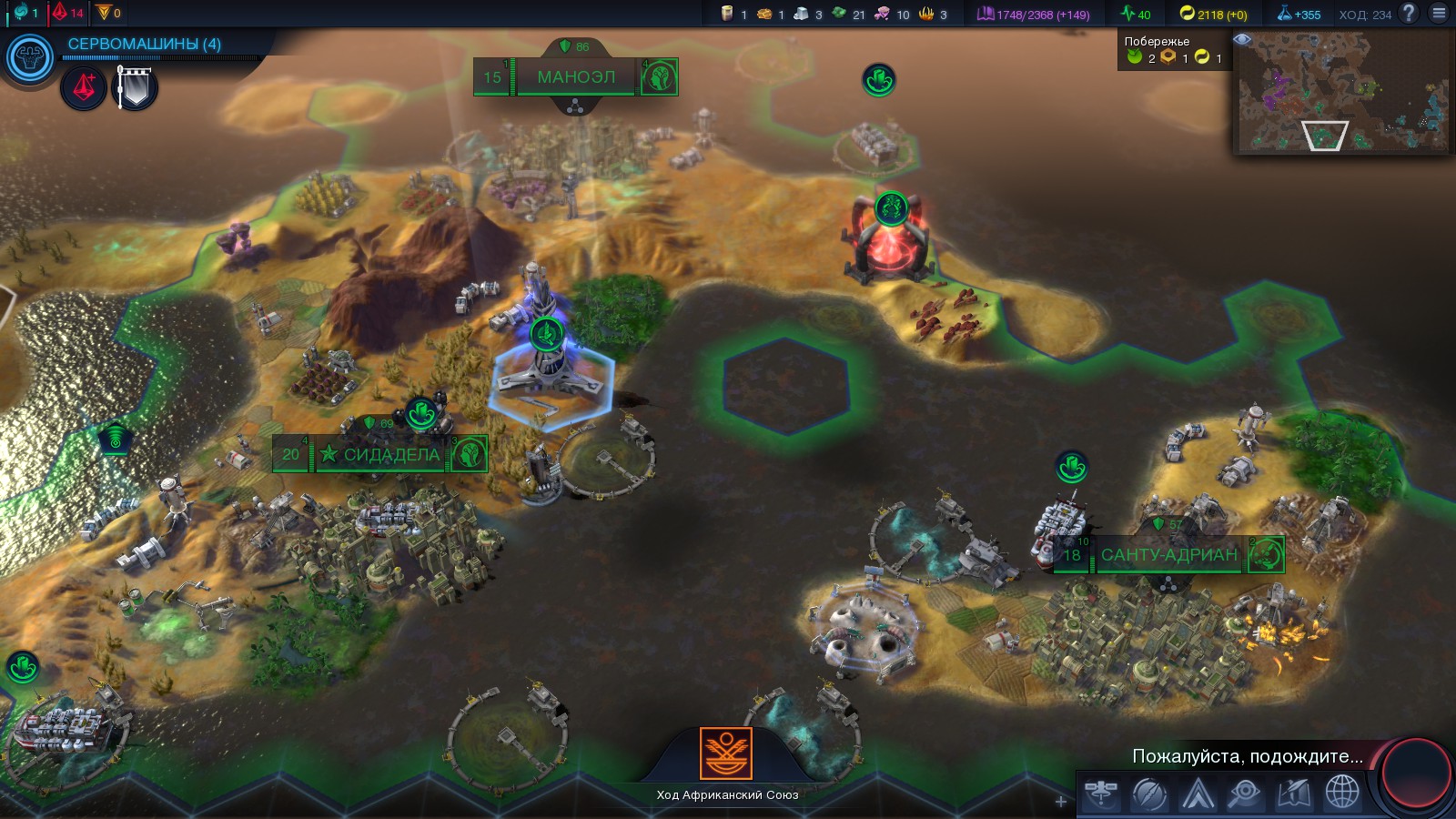
The updated “Civilization” is definitely worth playing for all fans of turn-based strategies. But the main audience of the game is still the veterans who have already played Civ5 inside out and who would like to have more of the same, but different. The developers of Beyond Earth have amazingly managed to achieve this paradoxical goal, and I congratulate all fans of the fifth “Civ” on that.
After 250 hours

There are three main reasons to write a review of Civilization: Beyond Earth. The first is the recent substantial update to the game, which significantly shakes up the familiar gameplay. The second reason is the increased frequency of game sales on Steam (for example, the latest sale reduced the price of Beyond Earth by a whole $10). And the third reason is the fact that in order to truly understand what’s going on in the world of the space “Civilization” and to grasp the local mechanics, you need to spend at least two hundred hours playing the game.
And in order to delve into the intricately designed technological web specifically for BE, it is desirable to also consume something more serious.
In general, the tech tree turned out to be perhaps the most pointless innovation in Beyond Earth. Most technological decisions are not made based on a pre-selected strategy, but rather by randomly choosing and satisfying immediate needs. After a certain number of games, of course, you can develop some kind of algorithm, but it will only be approximate and only for the first hundred moves. After that, alien chaos will take over completely, and your scientists will start working strictly based on circumstances.
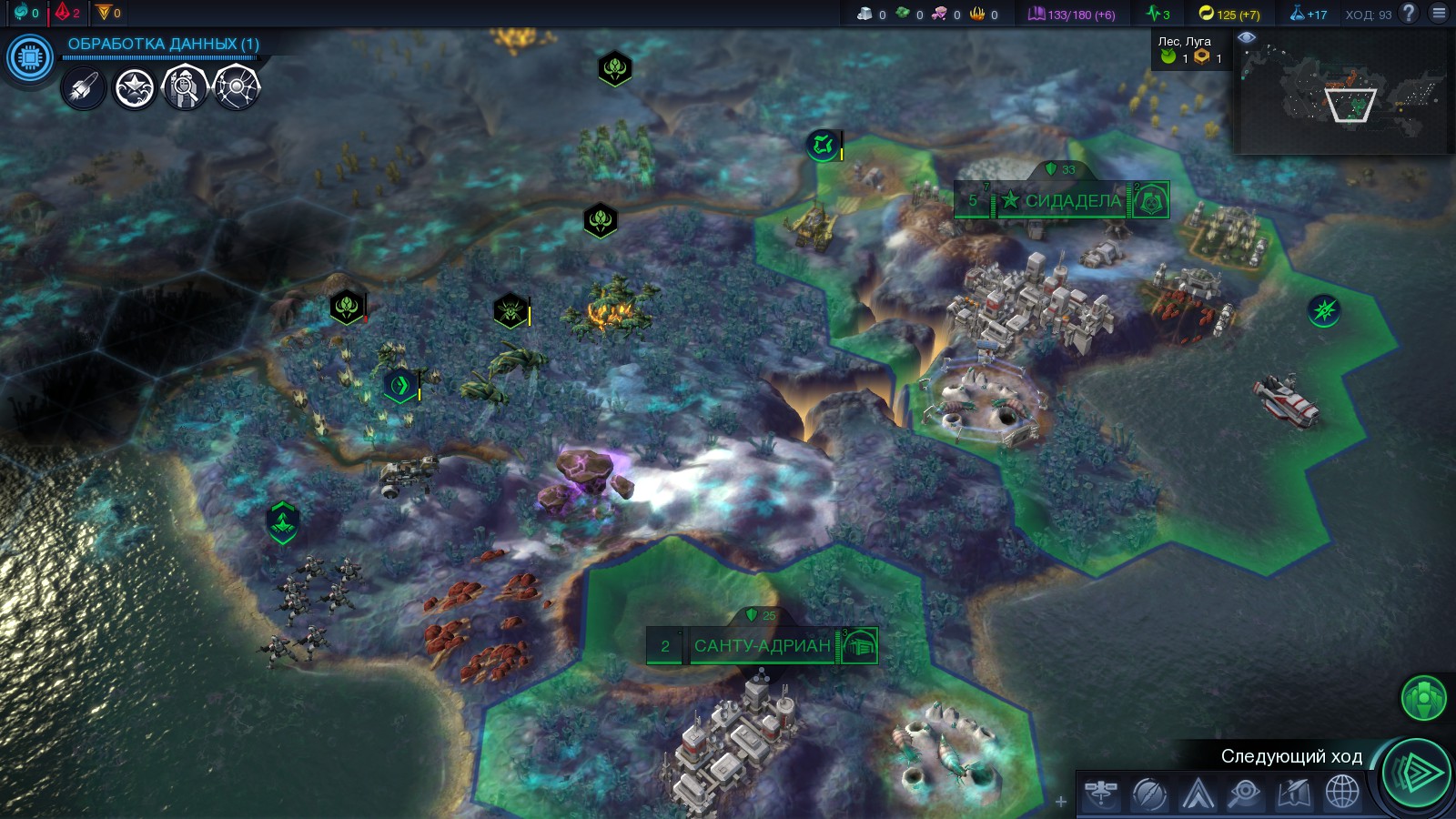
Strategists with a specific favorite style of play are unlikely to appreciate this approach. Even stern militarists will often have to give up on unique units in favor of others and nurture an unpopular ideological branch simply because the necessary strategic resource is not readily available, and there is nothing that can be done about it.
Bending to the changing world is generally necessary, especially if you don’t know in advance what type of map you find yourself on. In such situations, reconnaissance of the terrain has become a much more important activity than in classic “Civilization”. Moreover, exploring cells with ruins of various nature has also become one of the key elements of local debut. In Beyond Earth, after a couple of successful excavations, you can’t just send a scout on a round-the-world journey on autopilot. Well, you can, but it won’t be of any use. In 95% of cases, such a scout will simply be killed by the Aliens, in another 4% the explorer gets stuck somewhere, and only in 1% of cases will autopilot be beneficial. Relying on this one percent is foolish, so practically all reconnaissance must be done manually until the end of the game. However, you quickly get used to this new duty, as scouts in Beyond Earth are also reusable archaeologists from Civilization 5, and it is always pleasant to discover some kind of location, especially on a large map.
Along with field reconnaissance, the importance of espionage has increased. The main reason for this, surprisingly, is the infamous technological web. The point is this. In the regular “Civilization”, it is assumed that sooner or later all players will discover all technologies. Accordingly, stealing discoveries pushes you forward on the common path. In BE, however, half of the technological tree between your civilization and the other states may never coincide. As a result, effective espionage can bring technologies to your arsenal that you would never have studied in a specific game. Plus, space spies can steal money from opponents, recruit their military units, or disrupt infrastructure in various ways. In dueling games, one successful recruitment of defectors can mean the end of the game.
Random (for the most part) bonuses from espionage have brought a certain element of excitement from slot machines into Beyond Earth. Which, you must agree, is quite a trick for a global turn-based strategy game with a history of more than twenty years. Here, one could argue whether it is necessary at all in “Civilization”, but unfortunately, I can’t. Because, to be honest, the more difficult the game becomes, the more you want this freebie. Plus, if it weren’t for stolen technologies, I probably wouldn’t have even tasted half of the tech tree in 500 hours.
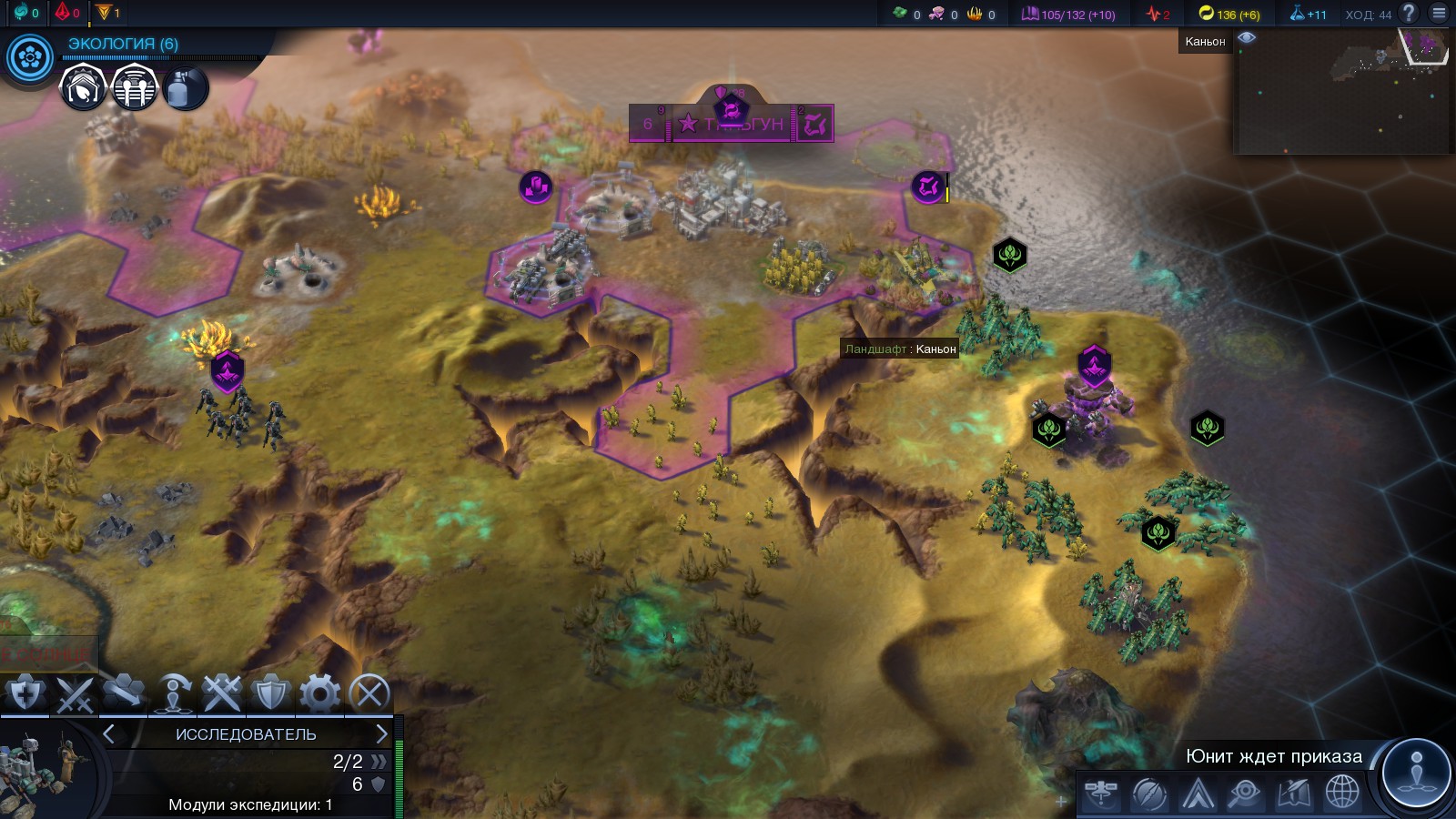
And finally, a few words about the unfortunate space science. After n months since the release of BE, the mess with the wonders of light was somehow sorted out.
In the first weeks after the release, these wonders were not visible at all. Space, everything is new, you have no idea what is called what, and the interface hardly highlights the wonders of light on the tech branches. It created the impression that these wonders as such do not exist. By poking around the interface, you could accidentally reach some unique super laboratory at a certain hour of the game and guess that these icons without a hint of sharp edges are the wonders. And then spend hours getting lost in a healthy grid, where all the pictograms merge into one mass.
After some time, the designers took pity and highlighted the pyramids of the future in gold. That was a real miracle. Suddenly, the prospects of meaningful technological progress and interesting constructions opened up. After completing the first ten projects, it became clear that there was not much strategic benefit from wonders.
The designers can be understood. After all, it’s one thing when you have a real history of civilizations with real architectural monuments, as well as twenty years to refine the balance, and another thing when you need to come up with a bunch of future nonsense. It’s hard to cope with such a task on the fly.
The designers couldn’t handle it. Of course, it’s impossible to uncover this at the beginning. Large-scale testing is needed. With access for $60 per spot, hehe.
The wonders of the future turned out to be ordinary buildings for the most part, only with improved characteristics. Additional bonuses were scattered randomly. From time to time, in games, the additional features of wonders only hindered gameplay. No, seriously. The combination of “Prosperity – Gene Vault – Ectogenesis Pod” instead of the expected rapid expansion brought monstrously low overall population health (a local substitute for happiness) and a hundred moves of paralysis.
Well, at least in March 2015, Beyond Earth improved almost for free. Many wonders became “local” and now, instead of simply pumping up statistics, they allow you to deal with specific problems and tasks. Plus, many wonderful mechanics transferred from the classic “Civilization” were able to find their place in space. Better late than never.
Late technologies, however, for the most part, remained faceless enhancers. Well, never mind.
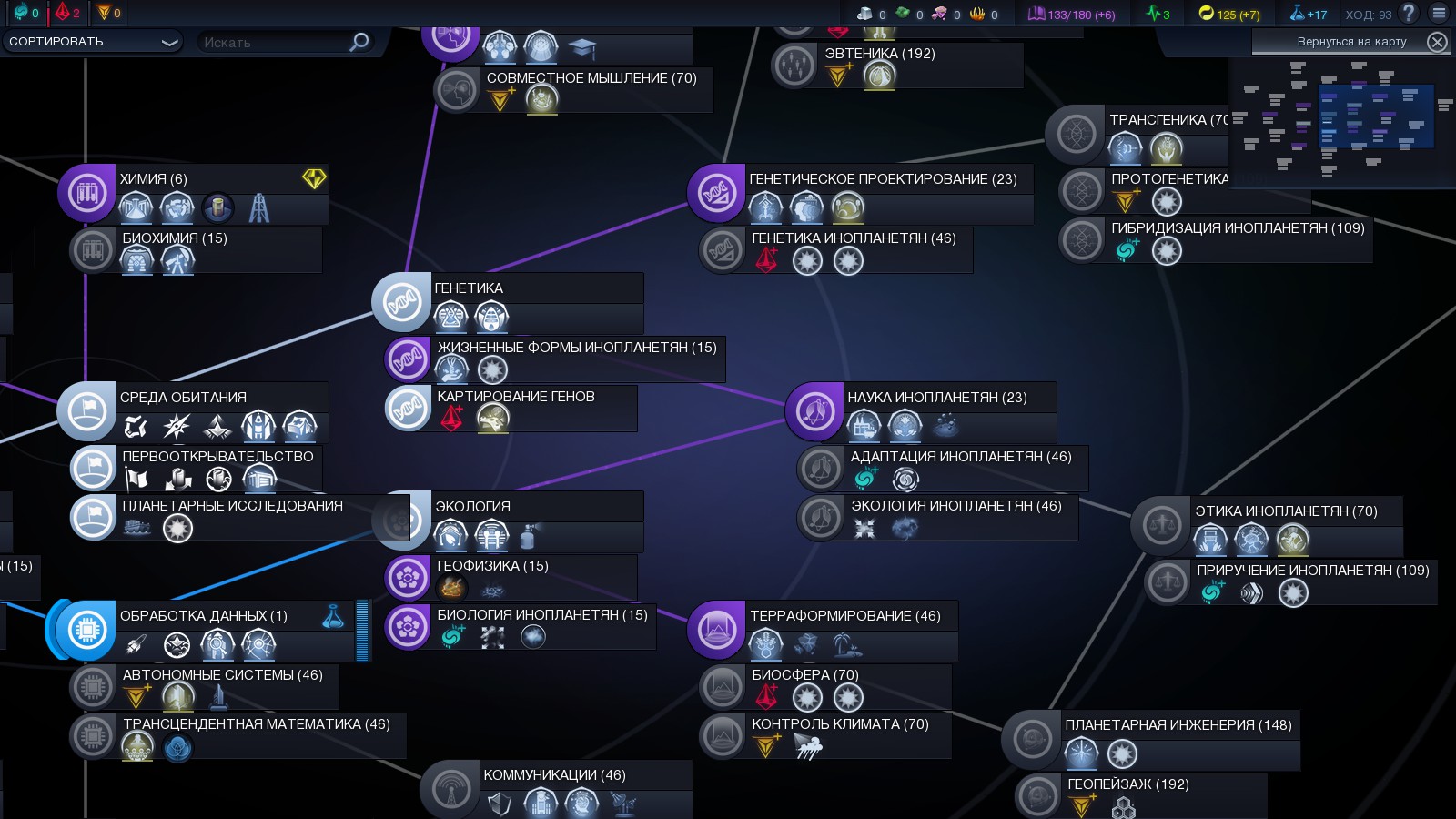
The next notable innovation in Beyond Earth is the connection of military progress to ideology. The latter, by the way, now progresses through archaeological research, scientific achievements, and quests, but not culture. And units, in turn, receive upgrades based on the level of ideology. The new military-industrial complex system is immediately desired to be taken out of the game, trampled on, and dramatically burned. Sometimes it works as it should, sometimes it puts you in a complete deadlock. For example, a capital appeared in an area where only one firaxite is growing and nothing else, but it is not possible to invest in the “Supremacy” ideology, which works with this very firaxite. Archaeology pushed you up two levels of a different ideology, quests are either impossible to complete in the current conditions or lead somewhere towards “Harmony”. And in general, “Supremacy” is all about the infamous militarism, and you want to win once every ten thousand years, for example, through peaceful contact with UFOs.
There are two ways out: grit your teeth and start playing with a style that is not interesting to you personally, or simply load a new map. Bending your own line in BE is not as tedious and uninteresting as in the classic Civilization. On the other hand, this endless adaptation is quite a separate challenge that you can develop a taste for.
And it seems that this is exactly what the game ultimately achieves. Take the same quests that have grown from completely optional tasks of the city-states into a quite important mechanic. “Important” is not quite the right word, though, as two-thirds of the quests are thrown in your face, and you can’t avoid them. Despite the fact that such quests consist of a simple choice between two tickets of a guaranteed lottery with known perks. The remaining third requires meaningful moves. With skillful completion of the quests, the chosen ideological path is much faster, but to skillfully complete the quest branches, you have to memorize them. Either you enjoy the journey, and wherever you steer, you steer, or you play to win.
Meaningful quests usually end within the first 100 turns (there are simply not enough of them), and only clicking through secondary bonuses from buildings remains. In theory, the interchangeable characteristics of buildings and units allow for even better adaptation to the situation on a specific map, but in practice, in 9 out of 10 games, all “dialogue” quests will be resolved with the same outcome, making one of the most supposedly variable mechanics an immovable foundation of the game. Which is even pleasing against the backdrop of general chaos. It becomes lazy to scroll through dialogue windows, but compared to the old post-patch trading, textual interludes are nothing.
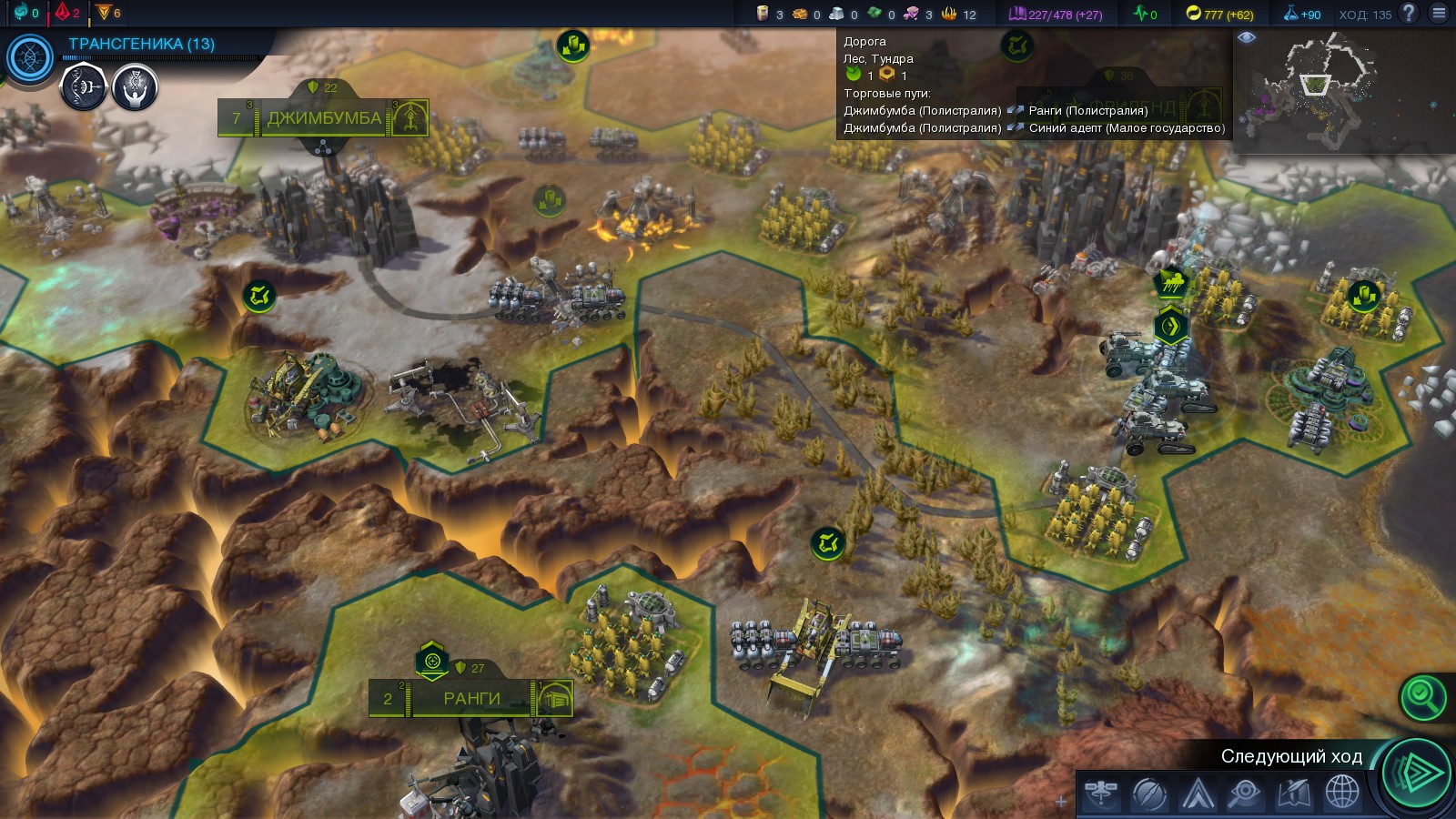
Oh, the old trade system without automatic route renewal! How I hated you!
The trade mechanics in the release version of Beyond Earth were a complete copy of those in Civilization V. There is a caravan, and every 30 turns you have to click where it should go, and it brings you different resources depending on the route. I repeat: every thirty turns, you have to manually set the route for each caravan. There is no other way. The thing is, in the classic Civilization, if you had nine caravans by the end of the game, and the regular repetitive clicks only slightly annoyed you, in BE you can have about twenty trade routes. And in the endgame, you spend 90% of your time clicking the “Continue on previous route” button. Or you can go crazy and delete all the caravans, castrating your own production power.
But a miracle happened, and the game introduced an option to automatically renew old routes. At the same time, the insane “price/quality” advantages of trade expansion were cut, but it’s still better than deleting useful units just to finish the game without hundreds of empty clicks and wasted time.
The latest addition in Beyond Earth is the orbital satellite system. It’s hard to understand it from the start, simply because the ground beneath a strategist accustomed to Civilization is already seriously shaken. You find some satellite with the researchers, launch it above the capital, and forget about the orbit forever. You don’t want to research satellite technologies because, as a rule, they don’t give you any buildings or wonders besides satellites. But once you get used to the local laws, you begin to realize that satellites are a very useful thing and, even better, they hardly distract you from the rest of the game. Again, you launch a satellite and forget about it. And it will quietly achieve the necessary tactical results in the background, from dispersing toxic alien mists to generating strategic resources on tiles. The closest mechanical analogy is the global domain spells from Age of Wonders 2, only much more concise.
Satellites are the best new element in Civilization: Beyond Earth and, at the same time, the only gameplay element that works “out of the box.” Here you have tactical maneuvers, meaningful resource management, and the simple joy of “Wow, now there are algae with oil right next to the capital!”
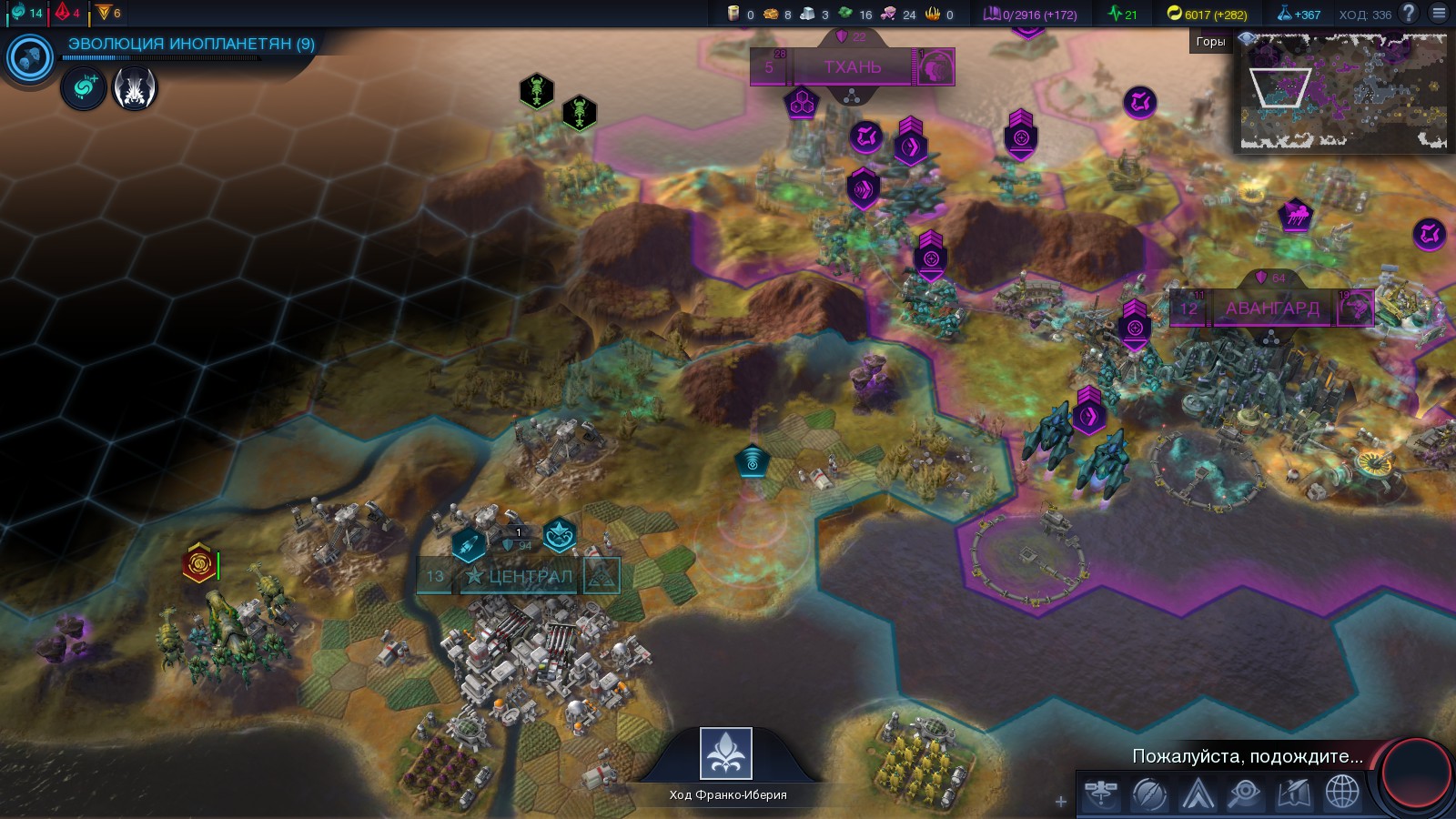
What the designers were able to achieve without a doubt was to push computer opponents and instill in them some desire to truly win. In regular “Civilizations,” computer states simply exist. All they could oppose the gamer with were armies of different sizes. The higher the difficulty level, the larger the armies were in size, and that was it. The computer didn’t know any other methods to defeat the player, and with skillful development, it didn’t have a single chance even with the difficulty level raised.
In Beyond Earth, for the first time in my life, I lost a technology race to the computer.
It happened on a large map. For the first two hundred turns, I was pressed by a couple of neighbors. After repelling their attacks and taking a city from each of them, I fortified the perimeter and leisurely planned to explore the local advanced technologies without delving into any specific direction. Two hours later, the game informed me that construction of a wonder weapon had just been completed on the neighboring continent, and if I didn’t take any action within 30 turns – and I couldn’t take any specific action – it would be game over. To say that I was surprised would be an understatement. For a good ten years, on any difficulty level, it was possible to manipulate the game to achieve any desired victory, and here, if you don’t touch the dummy opponents, they will surpass you! Who would have thought.
**
In many quick reviews of Civilization: Beyond Earth, the game’s relative “flatness” was criticized. They say that compared to Civilization 5, there is nowhere to expand in BE. As a person who has spent, let me check now, 892 hours on Civ5, I responsibly declare that Beyond Earth is in good order with deep gameplay. Flat Starships just came out., BE is on another level.
There are some flaws in Beyond Earth, but here’s the thing: to notice them, you had to first delve into the strategy, and if you get the game now, many of the shortcomings have already been fixed. And yes, if you already have Civilization 5, it’s still worth trying Beyond Earth. It definitely has its own unique feature.
Share
Discuss
More Reviews

